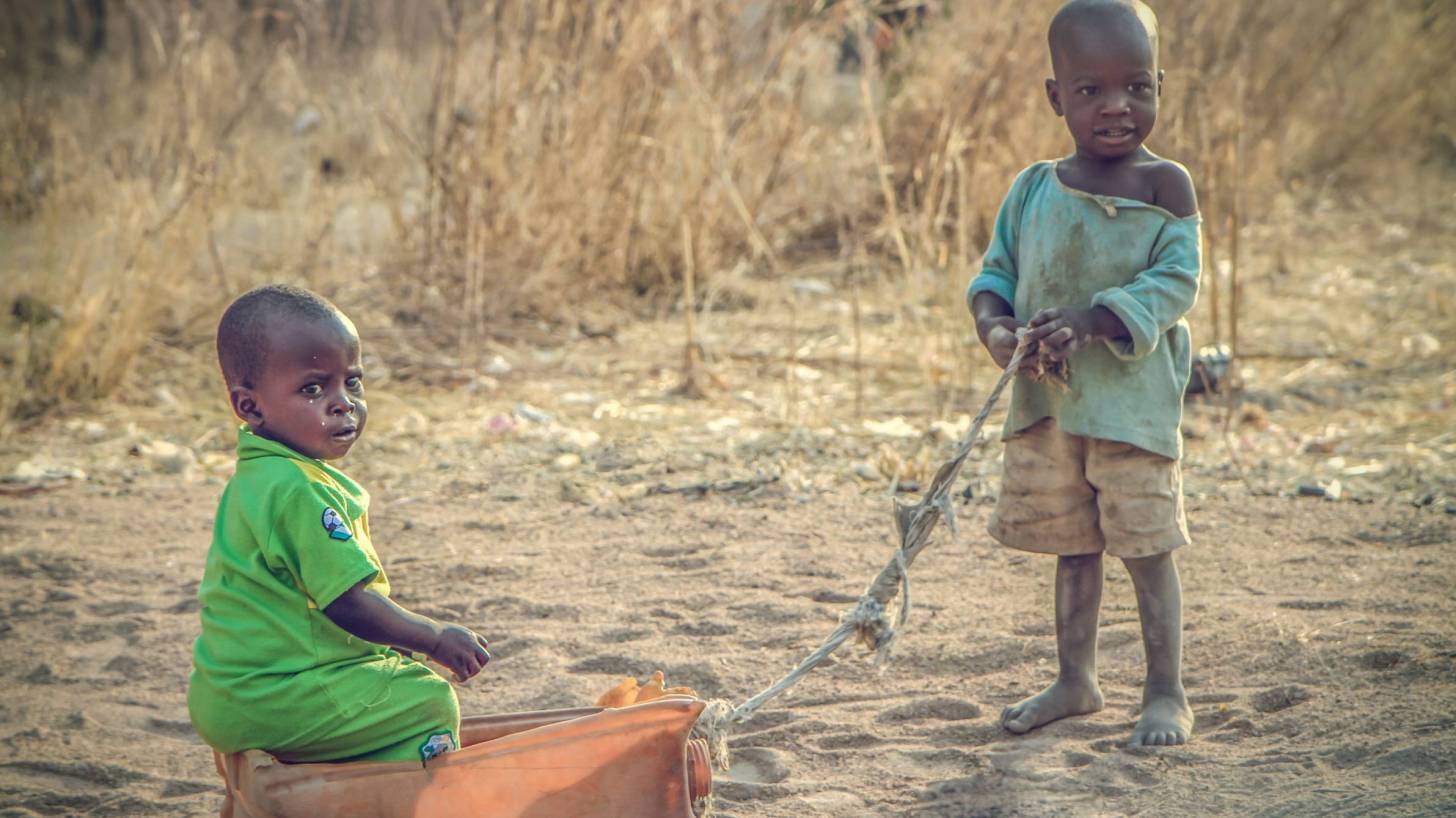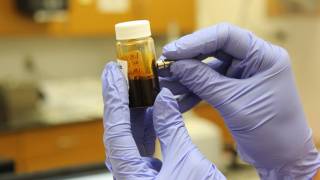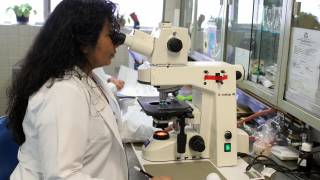Lassa Fever Outbreak Reaches 22% Fatality Ratio

The Lassa Fever outbreak in Nigeria has now caused 72 deaths across 20 states and the Federal Capital Territory through February 10, 2019.
This new data is important since it, unfortunately, represents a case fatality ratio of 22 percent, based on 324 confirmed cases and 3 probable cases during 2019, which was published by the World Health Organization (WHO)
Of the 3,746 contacts identified in 2019, 2,658 are still under follow-up care, while 1,045 people have completed the 21 days of follow-up monitoring.
Since there is currently no approved vaccine, early supportive care with rehydration and symptomatic treatment improves an infected person’s survival, says the WHO.
Previously, on January 21, 2019, the Nigeria Centre for Disease Control (NCDC) declared a Lassa fever outbreak.
WHO continues to advise all countries in the ‘Lassa Fever Belt” of central west Africa, on the need to enhance early detection and treatment of cases to reduce the case fatality rate as well as strengthen cross-border collaboration.
The Lassa virus is transmitted to humans via contact with food or household items contaminated with rodent urine or feces. Person-to-person infections can also occur, particularly in hospitals lacking adequate infection prevention and control measures, says the WHO.
Lassa fever usually causes mild symptoms, including slight fever, weakness, and headache. However, in some people, it can cause more serious symptoms, like bleeding in the gums, eyes, or nose.
To alert Americans prior to visiting Nigeria, the US Centers for Disease Control and Prevention (CDC) issued a Level 1 Travel Alert regarding Lassa Fever on February 7, 2019.
Historically, there have been very few Lassa Fever cases reported in the USA. The CDC and the New Jersey Department of Health confirmed 1 death in a person returning to the USA from Liberia in 2015.
This ‘Practice Usual Precautions’ Alert says travelers who develop serious symptoms of Lassa fever during or after their trip should see a doctor right away. They should tell the doctor where they traveled in Nigeria and whether they had contact with a rodent or sick person.
Additionally, the CDC issued multiple Level 2, Travel Alerts, for Nigeria:
The CDC advises any visitor to Nigeria to be fully protected with an appropriate vaccine. This list of diseases and vaccines can be found at this CDC page.
International travelers can schedule pre-trip vaccine and medication counseling sessions with a local pharmacy at Vax-Before-Travel.
Additionally, the US State Department issued a Level 3 Travel Advisory on February 7, 2019, advising visitors to Nigeria 'Reconsider Travel’.
Our Trust Standards: Medical Advisory Committee














